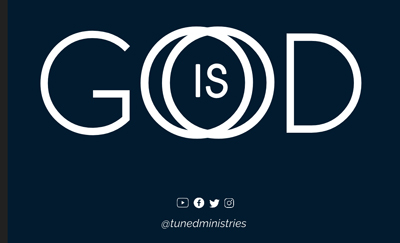My uncle recently posted a quote on Facebook that captured my thoughts: “God is in control, but he doesn’t expect you to lean on a shovel and pray for a hole.” With so many issues in life, people tend to gravitate toward extremes. And, if we aren’t careful, we do the same when living out our faith. We fail to live out our faith between two extremes.
One the one hand, there is the extreme of self-effort. Some tend to equate spiritual living with “doing better,” “trying harder,” or any number of human efforts. They measure their worth by their ability to do certain things. And, sadly, they judge others’ spirituality by the same matrix.
On the other hand, there is the extreme of what I call passive faith. People with passive faith live by their own rules and pursue their own goals but expect God to intervene. They “let go and let God” as they wait for Him to work in spite of themselves.
However, true spiritual growth comes not at the extremes but in the vibrant middle. Consider the following passage:
12 Therefore, my beloved, as you have always obeyed, so now, not only as in my presence but much more in my absence, work out your own salvation with fear and trembling, 13 for it is God who works in you, both to will and to work for His good pleasure.
Philippians 2:12-13
God’s (not Gold’s) Gym Lies Between the Extremes
I like to think of these two verses in terms of physical exercise. A person who “works out” by lifting weights, hopes that his or her muscles will grow larger. But their effort does not produce a muscle that is not already there. Rather, exercise causes the existing muscle to grow larger and stronger.
Yes, they “work out” but there is already something else that “works in.” The muscle benefits from protein and carbohydrates fuel the exercise. The lungs infuse with oxygen the blood that the heart pumps to the muscles. Oxygen serves as a catalyst for the energy that is created to help the muscles grow larger.
Even before the work OUT, some things are already working IN. And that is true for us in spiritual growth as well.
Read More










